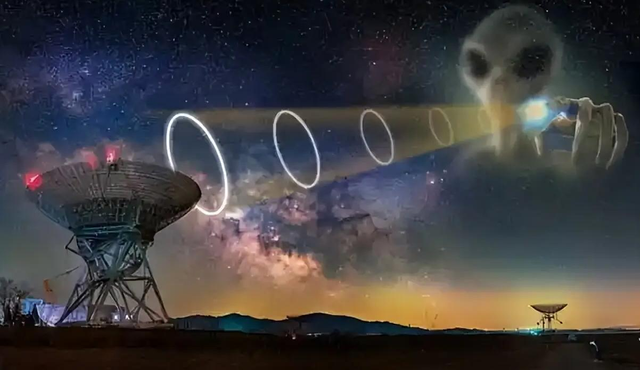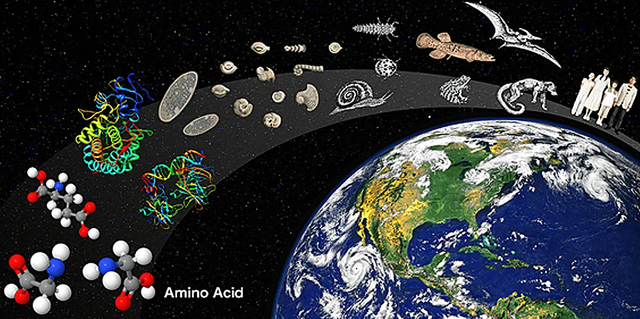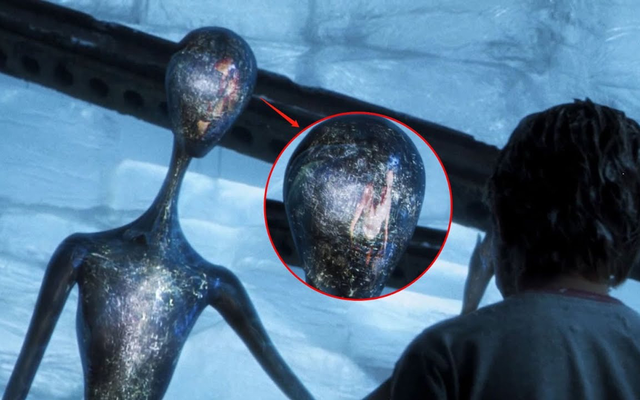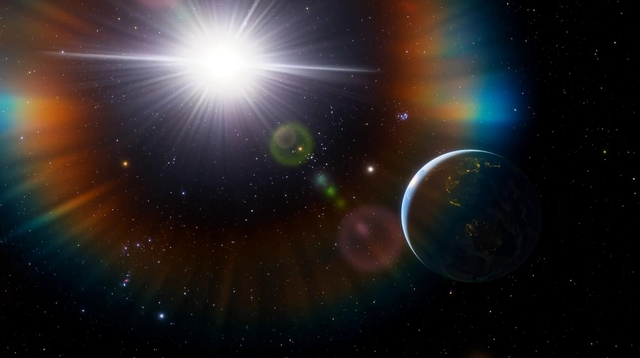Is it time to prepare? Swiss astronomers warn that humans will discover aliens before 2047
Are there really aliens in the universe? Since humans began exploring space, this question has always been fascinating. In 2022, a Swedish astronomer made a stunning prediction: by 2047, humans may receive greetings from aliens!
So, the question is: is this prediction reliable? Why is it in 2047, and how was this time determined? What should we do if we really find aliens?
Talk to aliens

Since the first exploration of the stars by humans, we have been fantasizing about whether intelligent life also exists on the other side of the universe. In order to search for extraterrestrial civilizations, we have continuously attempted to establish contact with them through various means over the past few decades.
As early as 1974, the Arecibo Observatory in Puerto Rico sent a radio signal to the globular cluster M13. This message is very short, only 1679 binary digits, but if it is arranged in a grid of 23 X 73, a series of simple images will be obtained.
These images contain some basic knowledge about planets and humans, with the aim of enabling extraterrestrial civilizations that may receive signals to understand who we are and where we come from.

In 1977, the golden records launched with Voyager 1 and Voyager 2 included music from different cultures, natural sounds from Earth (such as thunderstorms, bird songs, whale songs, etc.), as well as photos of life on Earth and some mathematical and physical information about us. This is also one of the most symbolic signals that humans send to the universe.
In 2001, Russian scientist Alexander Satsev carried out a special signal transmission plan. He sent recordings of a group of Russian teenagers and a performance of an electronic concert into space, targeting six stars including 47 Ursa Major. These signals are expected to arrive around 2047.

Of course, Swedish astronomers predict that humans may receive extraterrestrial signals in 2047, not just based on recordings of teenagers launched by Russia, but based on multiple space research data. This timing may just be a coincidence.
At present, we have sent many signals to the universe, but we have not received a clear response yet. Perhaps, with the advancement of technology, we will at some point in the future establish a "channel" to connect with extraterrestrial civilizations, and 2047 may just be a key milestone in this exploration journey.
Why haven't aliens appeared?
Are there aliens in the universe? If there is, why haven't humans been able to find it?
Let's start with the first question. In 1960, astronomer Drake proposed the "Drake Equation" with the aim of using mathematical models to estimate the possible number of extraterrestrial civilizations in the Milky Way.
This equation takes into account multiple factors, such as R * representing the total number of stars in the Milky Way, Ne representing the number of planets suitable for life, Fi representing the possibility of intelligent life on the planet, and L representing the possible duration of these civilizations. Through this equation, scientists have calculated that the number of possible extraterrestrial intelligent civilizations in the Milky Way is
Since there are so many extraterrestrial life forms, why haven't humans been in contact with them? Someone has attempted to explain this issue using futurist Robin Hansen's "Great Filter" theory.

The core idea of this theory is that although there may be a large number of planets suitable for life in the universe, the emergence and development of life are still very rare. In the process of evolution, life may encounter one or more huge "bottlenecks" that most civilizations cannot overcome, ultimately leading to extinction.
However, some optimistic scientists believe that if extraterrestrial civilizations can reach Earth, they should already possess a high degree of rationality and intelligence, and may adopt peaceful cooperation. Perhaps they have already learned to coexist with different civilizations through long technological advancements, rather than aiming for aggression.

Some scientists suggest that facing extraterrestrial civilizations directly may be too dangerous, and humans can communicate indirectly. For example, using small unmanned spacecraft or intelligent robots to interact with extraterrestrial civilizations while collecting more information about them.
Meanwhile, global cooperation is also crucial in addressing the challenges posed by extraterrestrial civilizations. Countries should work together to develop action plans or norms, such as how to coordinate scientific research, how to disclose or keep confidential information, and how to maintain global stability. After all, this is not just a problem for one country, but also concerns the future and destiny of all humanity, and must be approached with caution.

ending
Lament for the fleeting moment of my life, envy the infinite Yangtze River. In the vast universe, we are like fleeting shooting stars, small and fleeting. We look up at the stars, yearning for dialogue with unknown civilizations and seeking a response from afar.
Perhaps in 2047, it may not be difficult for us to have direct contact with aliens, but as long as we continue to explore and have an open mind, perhaps one day in the future, we will truly receive a "greeting" from the other side of the universe. No matter what kind of scene it is, it will change our understanding of life, the universe, and ourselves. So, are we ready to face the infinite unknown?